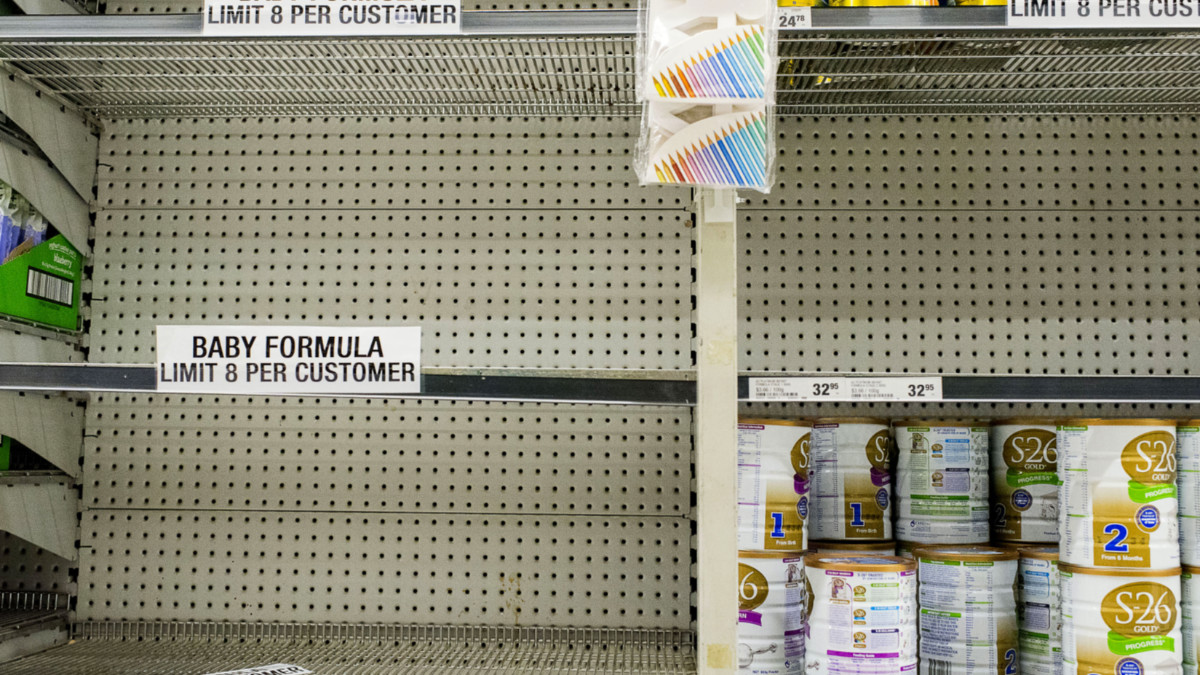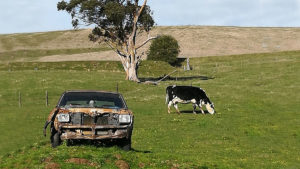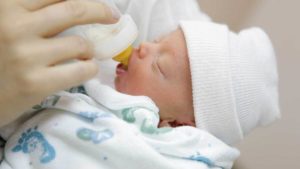COVID-19 panic buying sends Clover Corp’s profit up again

Panic buying spread to infant formula (Picture: Getty)
- Clover Corp (ASX:CLV) makes a $12.5 million net profit after tax in FY 20
- Admits COVID-19 “pantry stacking” may have been a factor
- Europe particularly successful in light of infant formula content laws
Infant formula supplement maker Clover Corp (ASX:CLV) grew its profit again in the last 12 months and it credited the rise to COVID-19 panic buying.
In the early weeks of the virus spreading throughout the world consumers engaged in panic buying – meaning they stockpiled goods in fear of supply shortages or missing out thanks to other panic buyers.
Clover produces nutritional oils to be supplements for infant formula and other products.
Its core product is encapsulated tuna oil which uses docosahexaenoic acid (DHA), an omega-3 fatty acid particularly healthly for the brain.
Clover noted what it called “pantry stacking” had a positive impact on its results. Its post-tax profit was $12.5 million – 24 per cent higher than last year.
It made $88.3 million in revenue throughout the 2020 financial year and reported all regional markets grew.
Europe was named as one particularly successful market thanks to new laws governing the content of infant formulas specifically requiring a minimum quantity of DHA (a type of Omega-3).
The company will pay a dividend of 2.5 cents per share.
Will the run last?
Undoubtedly it’s been a good three years for Clover’s shareholders with consecutive record profits. It went from $3.6 million to $7.6 million in FY18, then to $10.1 million in FY19.
But the company was reluctant to say it was certain to continue.
“The higher retail demand for infant formula in Q3 & Q4 FY20 may have been a ‘one-off’ with possible reduced demand in FY21,” it said.
“Clover continues to engage with its customers to maintain its market position with orders for first half FY2021 at this point expected to be consistent with those of first half FY20.”
While shares have stagnated in recent months and saw a decline today, long term shareholders have reaped the rewards.
Having been only 37 cents in September 2017 it is now up over 500 per cent since then.
Clover Corp (ASX:CLV) share price chart
UNLOCK INSIGHTS
Discover the untold stories of emerging ASX stocks.
Daily news and expert analysis, it's free to subscribe.
By proceeding, you confirm you understand that we handle personal information in accordance with our Privacy Policy.








